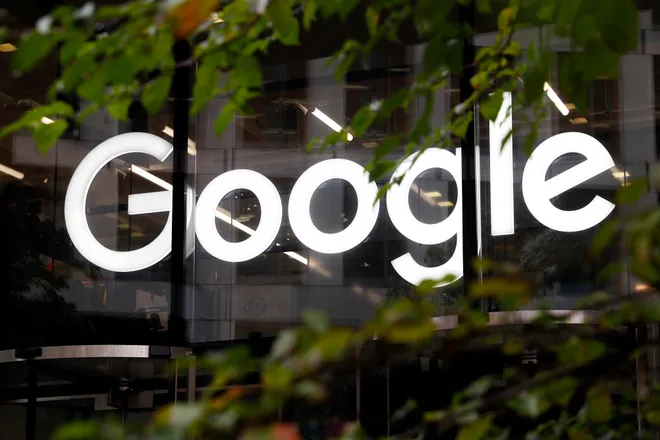Google policy requires clear disclosure of AI in election ads

Google released an update to its political content policy, requiring election advertisers to disclose clearly if they used artificial intelligence in the ad.
The updates take effect mid-November, a year ahead of the 2024 presidential election, which promises to be the first election cycle with artificial intelligence potentially playing a pivotal role at the ballot box.
According to the policy, verified election advertisers will have to divulge if the ad used AI to make it appear that the person said or did something that they didn't, and if AI was used to alter "footage of a real event or generates a realistic portrayal of an event to depict scenes that did not actually take place."
The disclosure applies to images, video and audio content and has to be placed in a clear and conspicuous location where users will notice.
AI already being used in ads, how lawmakers are reacting
Following President Joe Biden's re-election announcement, the GOP released a 30-second advertisement describing it as an "AI-generated look into the country's possible future if Joe Biden is re-elected in 2024."
In June, Florida Gov. Ron DeSantis' presidential campaign released a video on its Twitter account that included three fake pictures of President Donald Trump kissing Dr. Anthony Fauci. The video does not appear to disclose that the images were AI-generated.
Following the GOP ad, Rep. Yvette D. Clarke, D-N.Y., introduced a bill requiring disclosures about AI in election ads.
“The upcoming 2024 election cycle will be the first time in U.S. history where AI-generated content will be used in political ads by campaigns, parties, and Super PACs,” Clarke said in a statement. “If AI-generated content can manipulate and deceive people on a large scale, it can have devastating consequences for our national security and election security.”
Senate leader Schumer unveils plansto crack down on AI
Fake or fact? :2024 is shaping up to be the first AI election. Should voters worry?
In April, Senate Majority Leader Chuck Schumer, D-N.Y., said it was "imperative" that the U.S. take the lead in shaping the rules to govern AI. He announced an effort to establish rules concerning AI's potential risks with a proposal to enhance security, accountability and transparency, while being flexible with changing technology.
Jessica Guynn and Bailey Schulz contributed to this report.
Disclaimer: The copyright of this article belongs to the original author. Reposting this article is solely for the purpose of information dissemination and does not constitute any investment advice. If there is any infringement, please contact us immediately. We will make corrections or deletions as necessary. Thank you.







